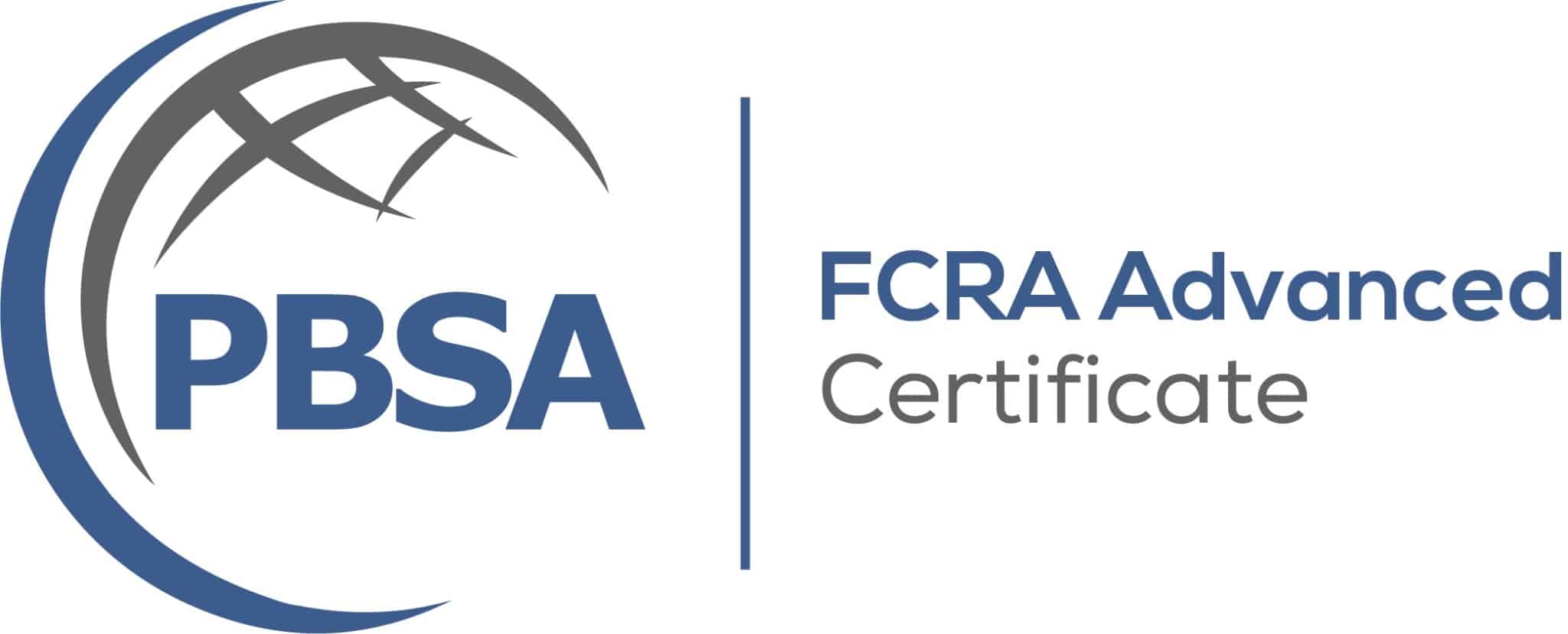The True Cost of a Bad Hire and How Background Checks Save Money
A detailed guide for small and medium-sized business owners seeking to reduce turnover, legal risk, and hiring expenses
In today’s tight labor market, small and medium-sized businesses are often under pressure to fill positions quickly. But rushing a hiring decision without a proper background check can lead to costly mistakes. The consequences of a bad hire can ripple throughout your organization — damaging morale, productivity, and even your brand’s reputation.
While a background screening service may seem like an extra expense upfront, the cost of a bad hire can be exponentially higher. This article dives deep into what a bad hire really costs and how investing in comprehensive background checks from a Consumer Reporting Agency (CRA) like EDIFY Background Screening protects your bottom line.
What Is the Real Cost of a Bad Hire?
You might be surprised to learn just how expensive a hiring mistake can be. According to the U.S. Department of Labor, the average cost of a bad hire is at least 30% of that employee’s annual salary.
But the total impact goes far beyond lost wages.
Common costs associated with a bad hire:
-
Recruitment and onboarding costs: Advertising, interviewing, training, and HR time are all sunk costs when an employee doesn’t work out.
-
Lost productivity: A poor performer may do the bare minimum — or worse, drag down your team’s output.
-
Customer service damage: In customer-facing roles, a bad hire can hurt client satisfaction and lead to lost accounts.
-
Legal liability: Negligent hiring claims or workplace incidents stemming from a bad hire can cost six figures or more.
-
Team morale: Toxic behavior or incompetence creates tension and increases turnover among your top performers.
🔎 Example: A North Carolina construction firm hired a project manager without running a background check. Months later, they discovered a criminal history for fraud — after a client dispute revealed irregular billing. The firm lost the client, had to refund $40,000, and still had to replace the employee.
Why Are Bad Hires So Common?
Many bad hires happen because employers skip due diligence, especially when short-staffed or in a rush to fill roles. Common causes include:
-
Skipping background checks altogether
-
Using unreliable or instant database searches that don’t verify criminal records
-
Hiring based on “gut instinct” or charm in the interview
-
Failing to confirm work history, credentials, or driving records
How Background Checks Help Avoid Costly Mistakes
A real employment background check performed by a CRA includes a comprehensive, legally compliant review of an applicant’s history. It goes far beyond a quick internet search.
Here’s what a legitimate background check includes:
-
Identity verification using Social Security trace and alias matching
-
County, state, and federal criminal records checks
-
Employment and education verification
-
Motor vehicle records for driving positions
-
Sex offender registry and global watch list screening
-
Compliance with the FCRA, including proper disclosures, authorization, and adverse action support
When this process is used correctly, your company can:
-
Spot red flags before they become liabilities
-
Avoid hiring individuals who falsify resumes or credentials
-
Reduce the risk of workplace theft, fraud, or violence
-
Maintain compliance with employment laws and avoid costly lawsuits
Instant Background Checks vs. Verified Background Screening
Many small businesses opt for instant background checks due to low upfront costs. But these checks often lack the accuracy, verification, and legal compliance necessary for employment decisions.
Comparison Table: Instant vs. Real Background Check
| Feature | Instant Check | CRA Background Check |
|---|---|---|
| Identity verified via SSN trace | ❌ | ✅ |
| Verified court-level criminal records | ❌ | ✅ |
| Employment & education history checked | ❌ | ✅ |
| FCRA-compliant with disclosure and consent | ❌ | ✅ |
| Adverse action and dispute support | ❌ | ✅ |
| Customized screening for role | ❌ | ✅ |
| Average Cost | $5 – $20 | $30 – $60 |
| Cost of a bad hire | $$$$$ | ⚠️ Avoided |
✅ A $45 investment in a CRA background check can prevent a $45,000 mistake in turnover, lost revenue, and legal exposure.
Background Checks Are Not One-Size-Fits-All
Different positions carry different risk profiles. That’s why EDIFY helps you customize your background screening package based on your needs.
Examples:
-
Delivery drivers: Check motor vehicle records, driving license status, and DOT drug testing.
-
Finance and accounting roles: Include credit checks, federal civil records, and employment history.
-
Healthcare or childcare roles: Require sex offender registry, abuse registry, and multi-jurisdictional criminal screening.
-
Retail or warehouse staff: Screen for theft-related offenses and verify prior employment.
How to Get Started with a Compliant Screening Program
Setting up a background screening process that’s both effective and compliant doesn’t have to be difficult.
Steps:
-
Partner with a CRA like EDIFY Background Screening
-
Define the roles you’re hiring for and the level of screening needed
-
Use built-in tools to obtain consent and disclosure forms
-
Receive verified reports within 24–72 hours
-
Follow FCRA guidance for any adverse actions
Conclusion: The Smart Money Is on Due Diligence
You work hard to build your team, brand, and reputation. Don’t let one bad hiring decision derail your progress. A thorough background check not only prevents expensive mistakes but also empowers you to hire with confidence.
If you’ve ever asked:
-
What is the cost of a bad hire?
-
How do background checks save money?
-
Are background checks worth the investment for small businesses?
Then now is the time to take action.
Talk to the Experts at EDIFY Background Screening
Let’s help you protect your business from the true cost of a bad hire.
📞 336-283-0237
📧 [email protected]
🌐 www.edifyscreening.com
The resources provided here are for educational purposes only and do not constitute legal advice. We advise you to consult your own counsel if you have legal questions related to your specific practices and compliance with applicable laws.













